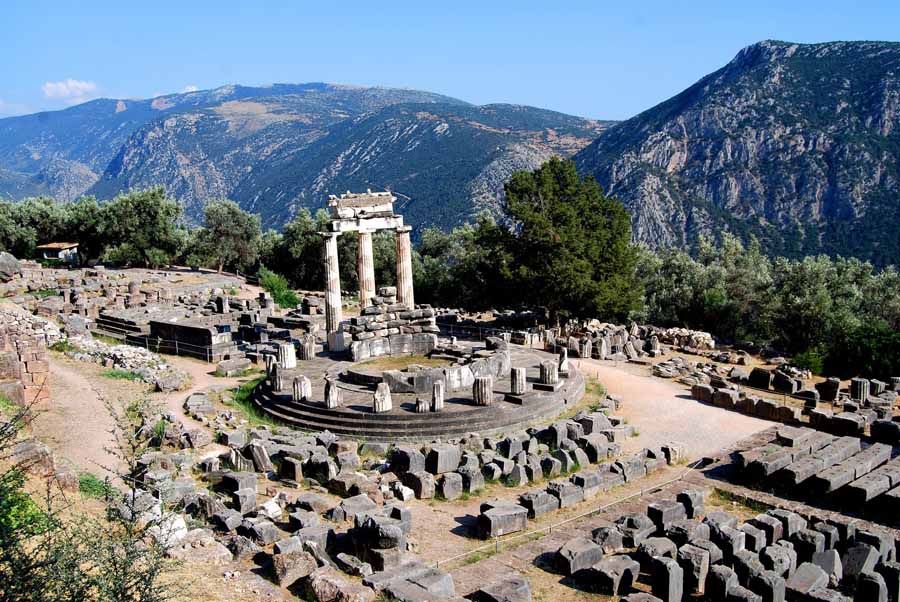Delphi Takes a Stab at Prediction Markets; Aims to Overtake Gnosis
Delphi is a new crypto project that aims to create a decentralized prediction marketplace. Sounds familiar? Well, it should, since there are already two other projects on Ethereum with the same value proposition - Augur and Gnosis.
So what's special about Delphi? The first is how this market will play out in the real world. The Delphi team believes that the people behind a prediction market team need to be anonymous or pseudonymous. This is because many governments, most notably the United States, don't look too kindly upon prediction markets. If there is a large value of transactions taking place on these markets, then the founders may be in trouble. Given that projects like Gnosis are fairly centralized, it isn't a stretch that a determined government could shut the markets down.
So Delphi is taking the approach of being an anonymous team. Obviously this raises concerns, since if the teams are anonymous, then there is much less accountability. What if they never deliver the product? That is certainly a risk that investors need to take if they put money into Delphi's ICO. We don't know if the team will deliver. But here's a post from the team so you can read about what they claim they stand for.
However, a quick note about teams remaining pseudonymous/anonymous. This isn't the case with the most recent deluge of ICOs on Ethereum, but crypto in general has a large history of really successful projects developed by pseudonymous entities, all the way from Bitcoin to projects like NXT/Ardor. To the old guard, this shouldn't be too much of a concern. The recent money grab ICOs on Ethereum are hardly a year old. Projects that are ideologically driven are more likely to succeed since their incentives are not to take the money and run, being driven not too much by the money the project raises. Delphi's team belongs to this category.
Design
In terms of how Delphi will design the project, it is going to be very similar to what Gnosis has done. This means there is a generator token and a fee paying token. If you hold the generator token, you are guaranteed to get a certain percentage of the fees for the network through the fee paying token. The fee paying token is more 'market pegged' asset, similar to bitUSD on the Bitshares network.
For Delphi, there is
- Del - this is the generator token. You can purchase Del on the ICO website. The supply is fixed and distributed in the ICO.
- Phi - this is the fee-token. The price of Phi token is pegged to $1, similar to bitUSD. The supply of Phi is unlimited, and you can get Phi tokens by locking up your Del tokens. The supply rate depends on how much the demand for Delphi's prediction markets is.
This is similar to Gnosis, but with a major difference - the distribution is straightforward without the over-complicated Dutch Auction mechanics and shenanigans orchestrated by the Gnosis team, which just looks like a money-grab to anyone observing. The Del tokens are distributed in a straightforward ICO to all participants, with a 75% of the supply going out this way.
Finally, the Delphi team came up with their distributed oracle framework called Pythia that will help build the system out.
Check out the project here.
